Reposted by: Amy Donovan, Michelle L. Mazurek, Noah L. Nathan
www.nature.com/articles/d41...

Reposted by: Amy Donovan
www.nature.com/articles/d41...
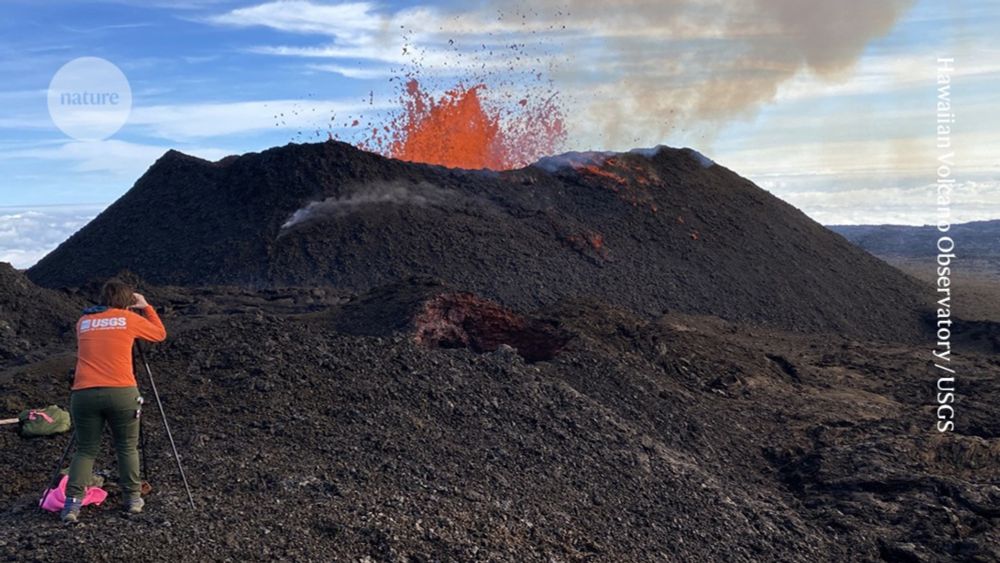
Reposted by: Amy Donovan
Reposted by: Amy Donovan
Reposted by: Amy Donovan
www.bristol.ac.uk/jobs/find/de...
Reposted by: Amy Donovan
Reposted by: Amy Donovan
#JedBartlett
#TheWestWing
#MartinSheen
#Democracy

TL;DR? AI is evil, unsustainable and stupid, and I'd much rather they use their own brains, make their own mistakes, and actually learn something. 🪄
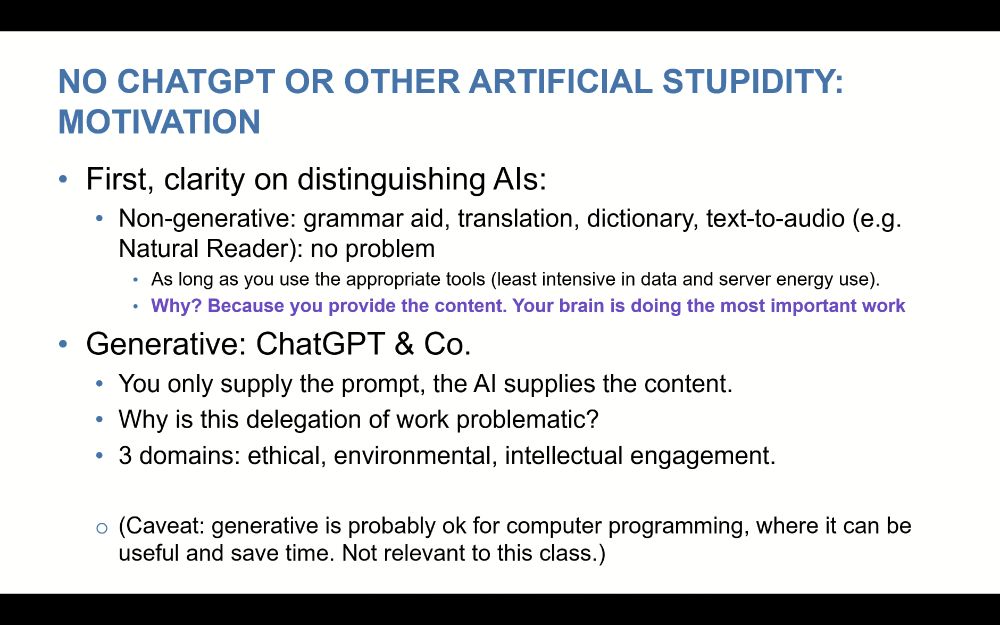
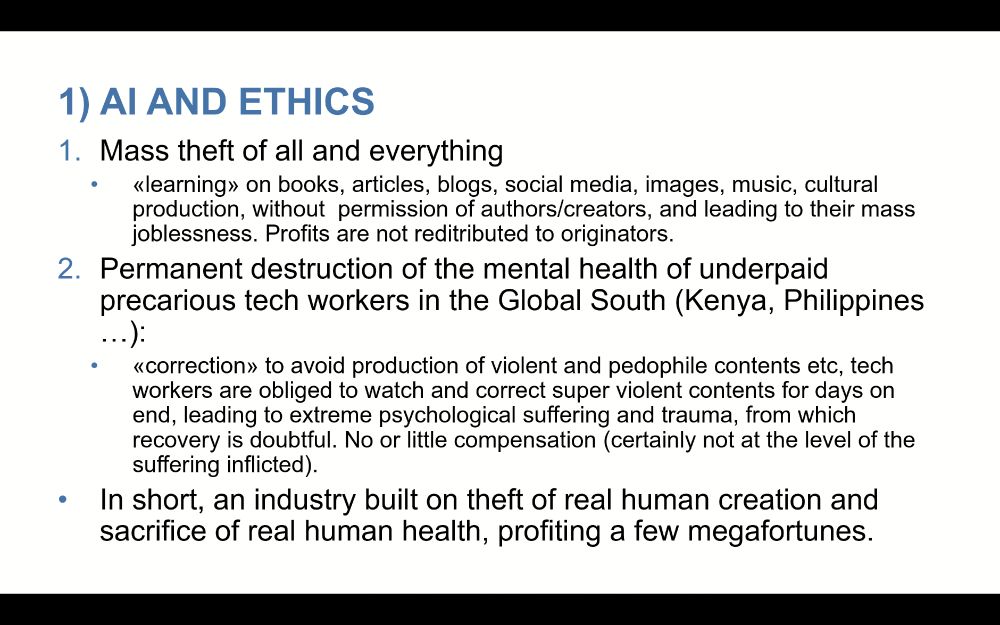
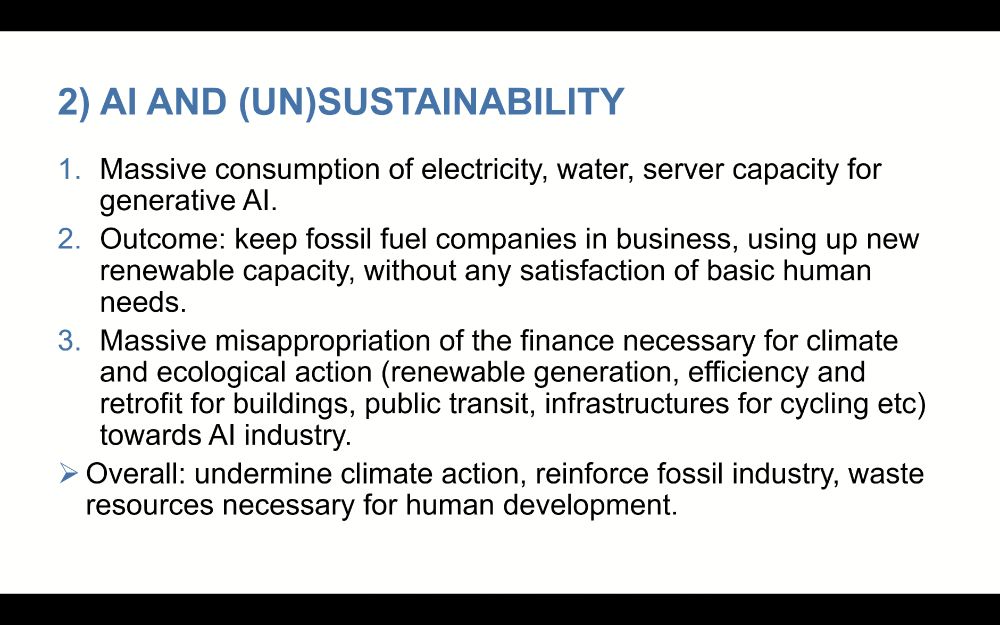
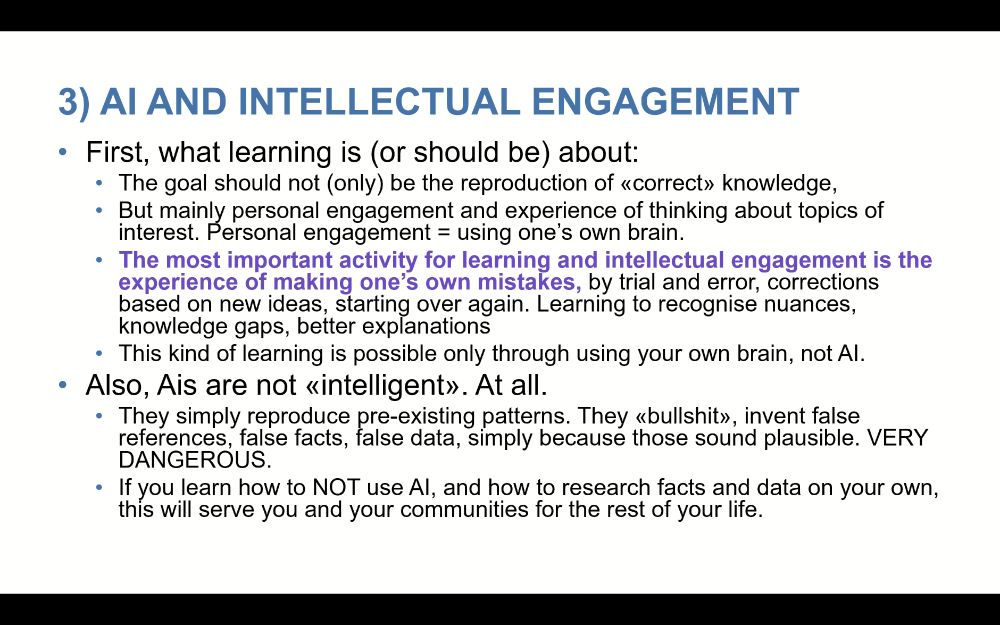
Reposted by: Amy Donovan, David Learmount
Today, the Baltic states disconnected their power grids from that of Russia.
It’s taken years of prep. What a moment.
by Amy Donovan

by Amy Donovan

Reposted by: Amy Donovan

by Jenni Barclay — Reposted by: Amy Donovan

Reposted by: Amy Donovan
www.eas.cornell.edu/eas/programs...
Reposted by: Amy Donovan
with Dr. Symeon Makris (BGS), Dr. Max Van Wyk de Vries (University of Cambridge), Dr. Beatriz Recinos, and Prof. Simon Mudd (UoE) #naturalhazards

